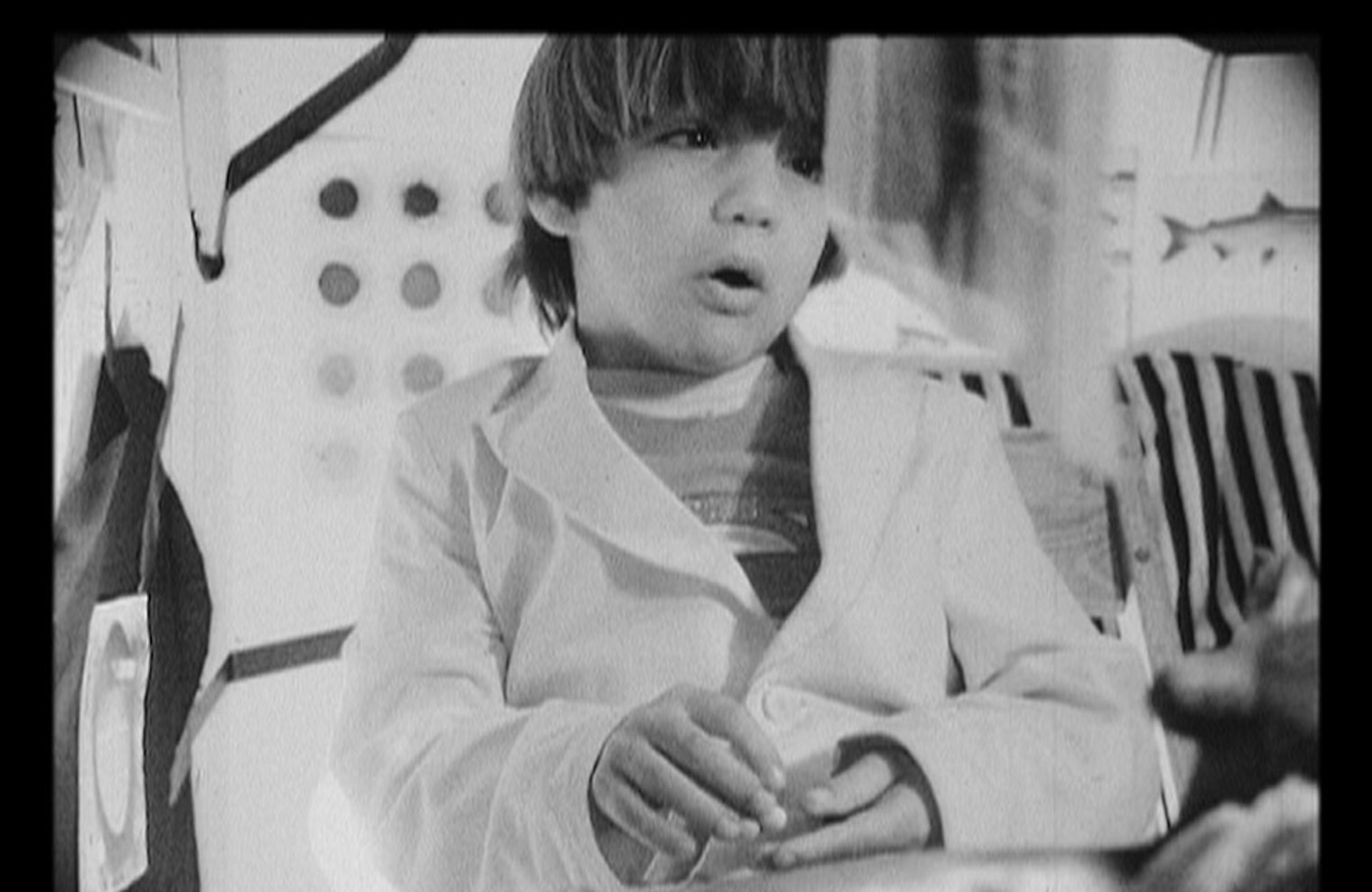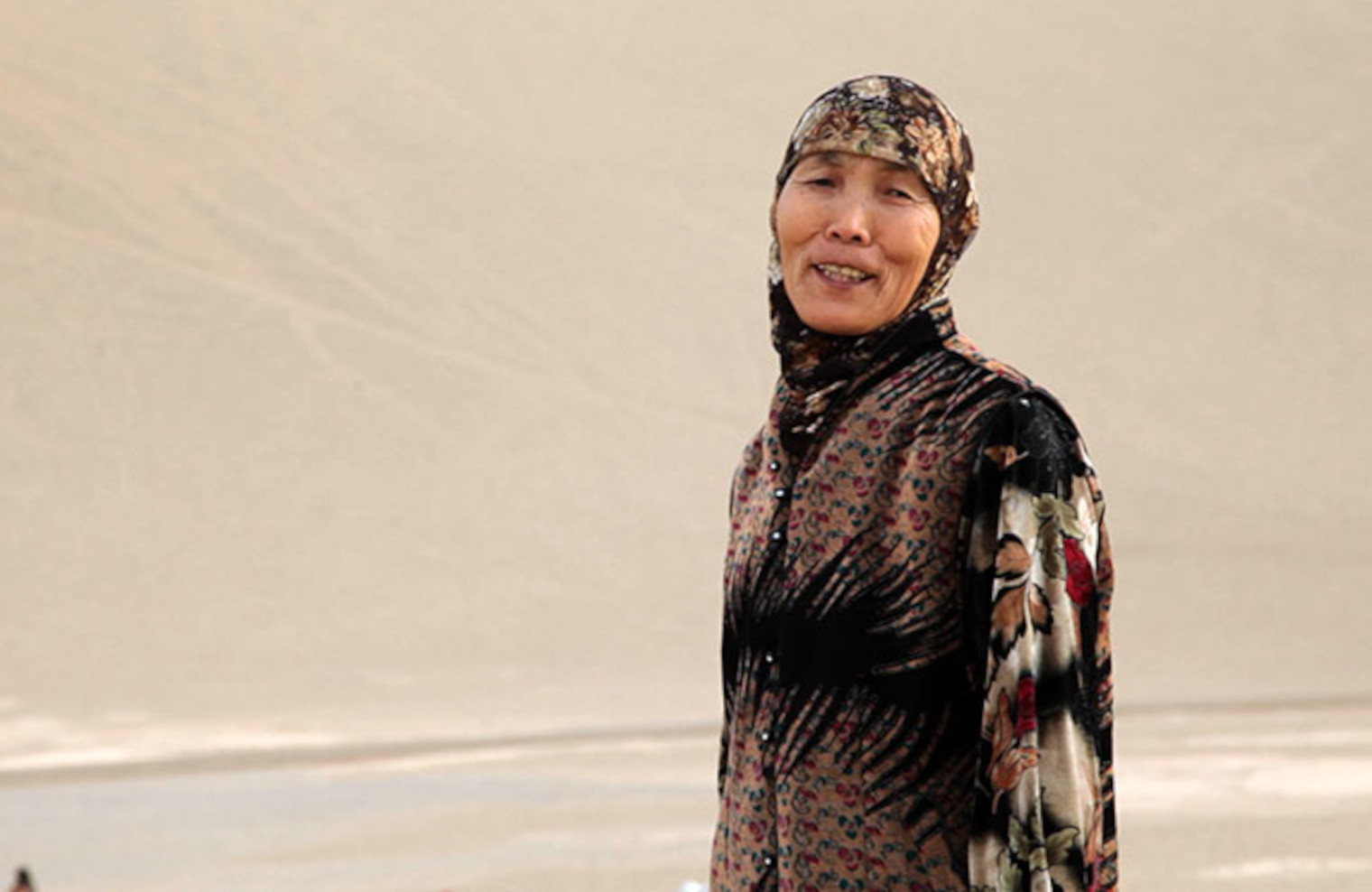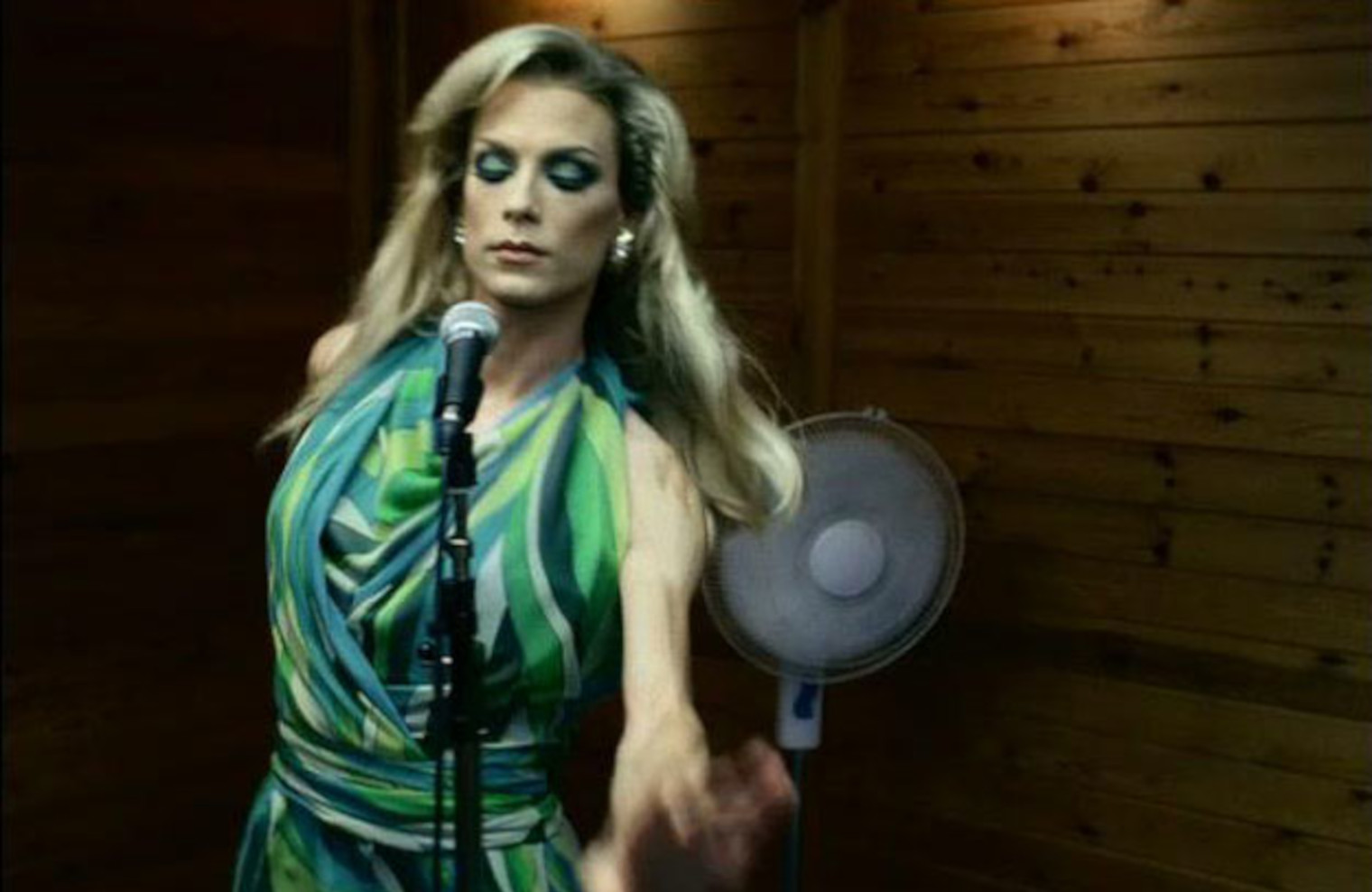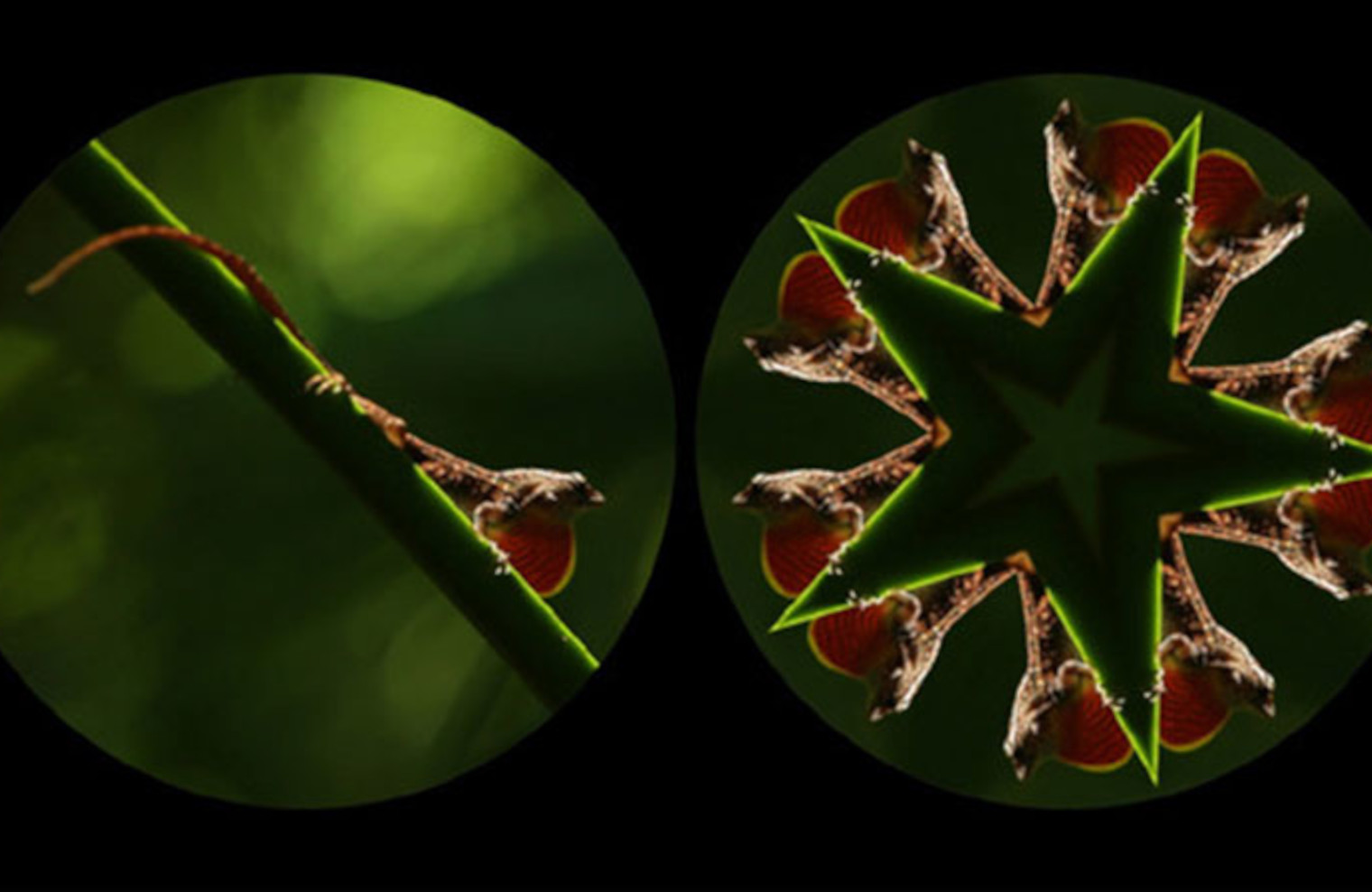Artist in Focus: Leslie Thornton
Our culture is a culture of fear, or so it is said : the fear of uncertainty, of otherness, of everything that stands in the way of consensus. It is a fear that is not least cultivated by the mass media, driven by a logic of anticipation and premediation. It is a culture that was already anticipated a few decades ago in the form of a remarkable science-fiction parable: Leslie Thornton’s Peggy and Fred in Hell.
This consecutive series of films, whose first episode dates from 1985, portrays the lives of two children, the only survivors in a post-apocalyptic landscape, who create their own imaginary world in the midst of the debris of the 20th century. The relationships between technology, identity and subjectivity that characterize today's media culture are no longer applicable here, but they shimmer and reverberate in the form of shadow images and echoes. In the meantime, the children have grown up, the future has become part of the past, analogue became digital: reality seems to be catching up with Thornton’s fiction at an ever increasing rate, but it continues to steadily mutate, ceaselessly assessing the remains of a human culture in an expanding body of raw data. It is this critical perspective of the relationship between society and technology that forms the consistent thread throughout the entire oeuvre of Leslie Thornton, whose father and grandfather both worked on the development of the atom bomb during World War II. The awareness of the ambivalences between the personal and cultural, the local and the global, forms the basis of her far-reaching and profound investigation into the aporias of language and media, one that moves on from where the tradition of the American avant-garde left off.



